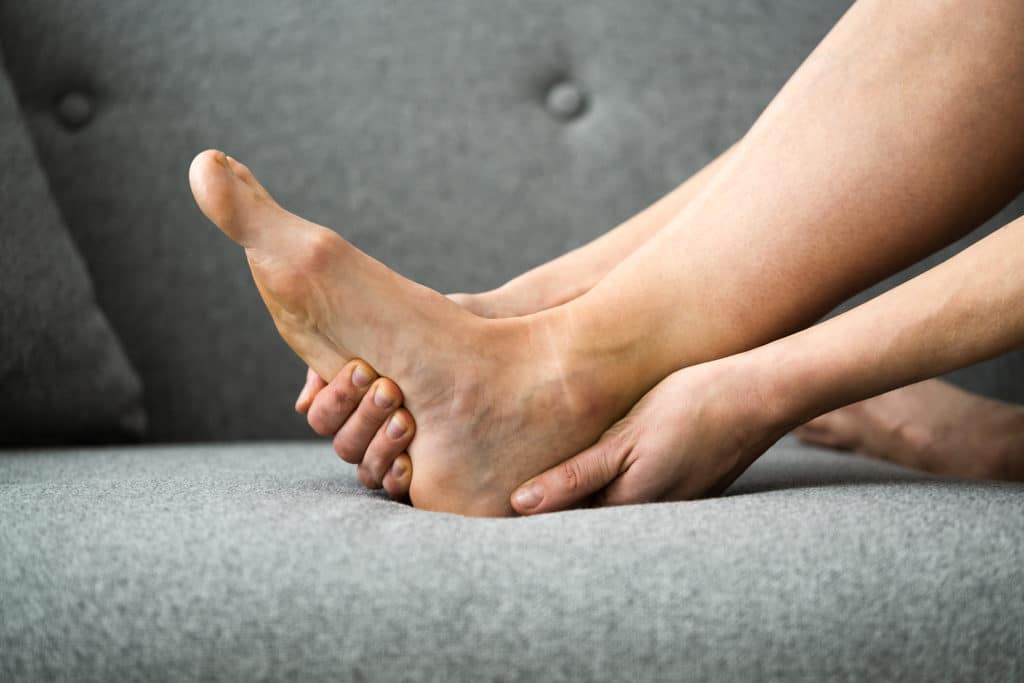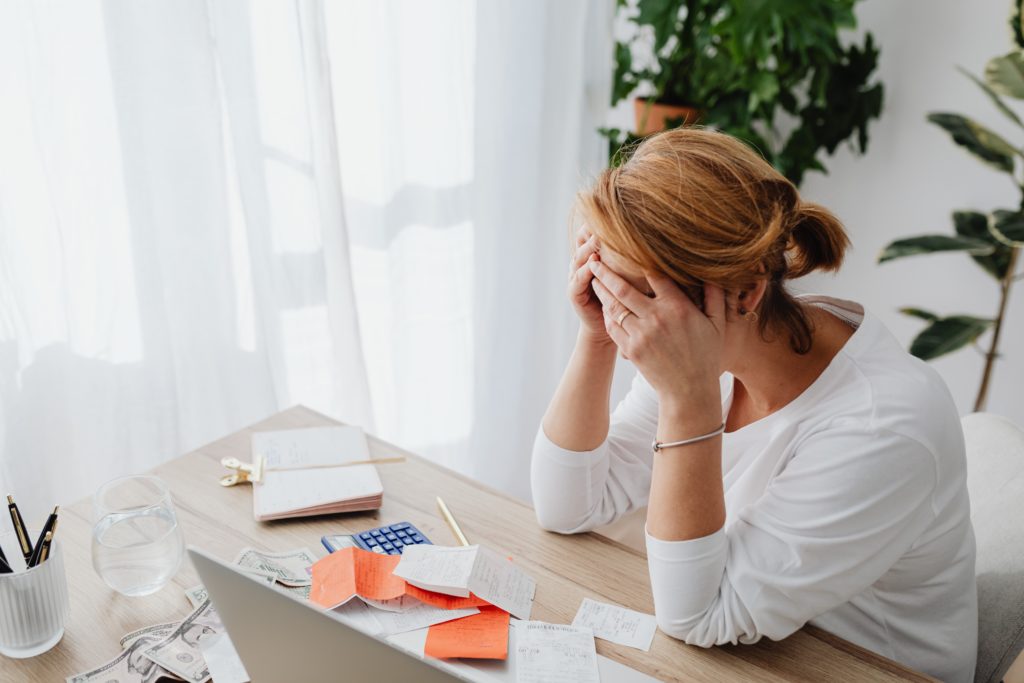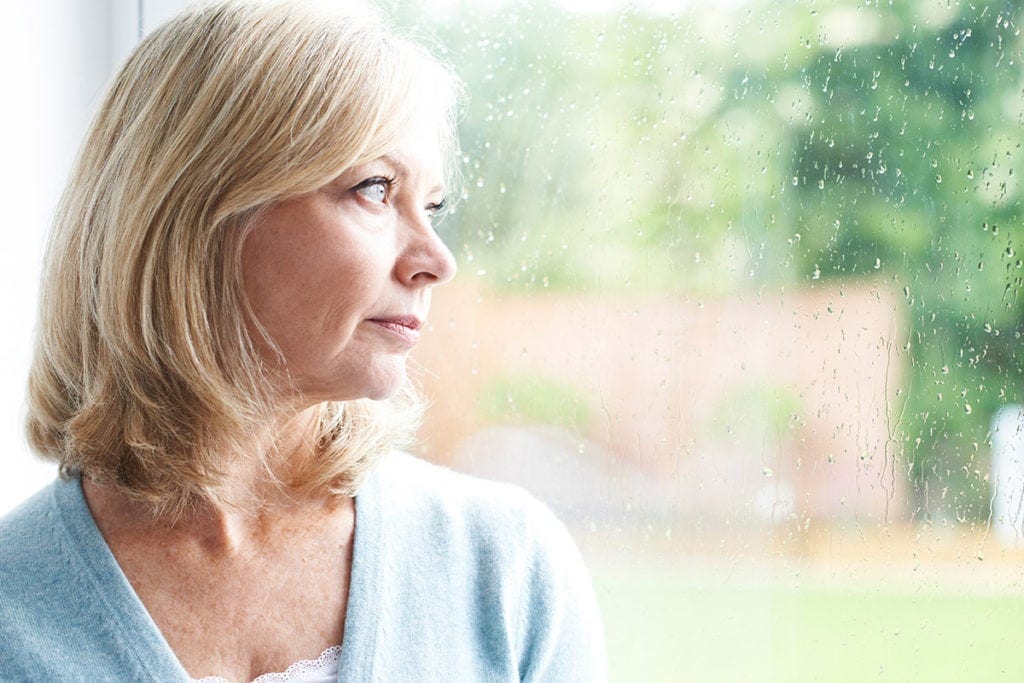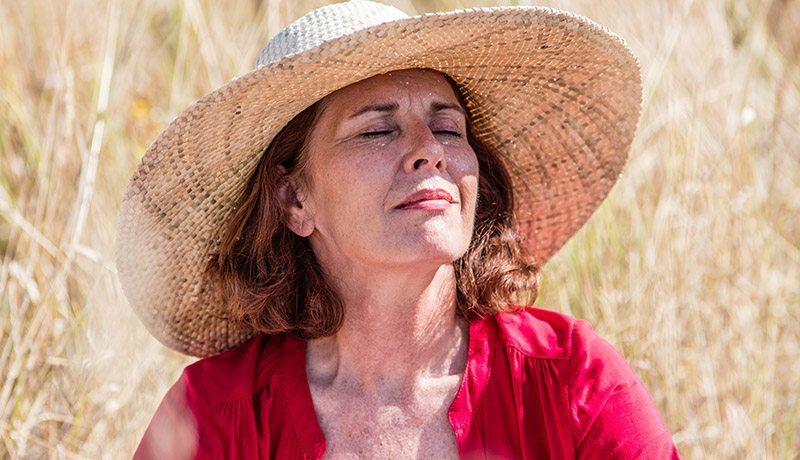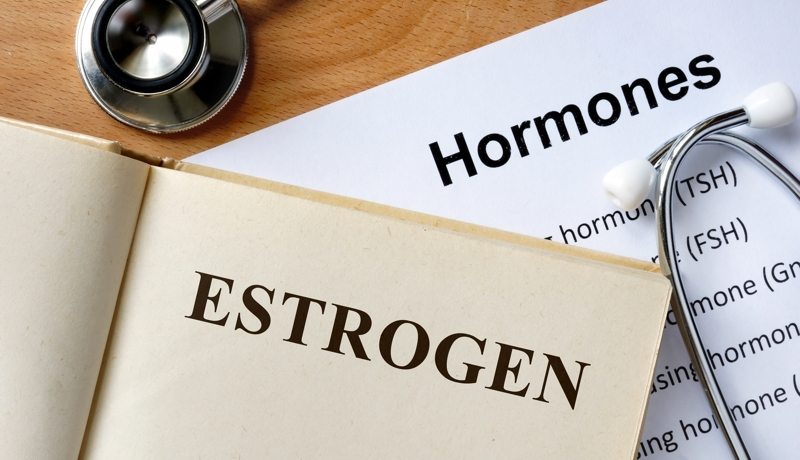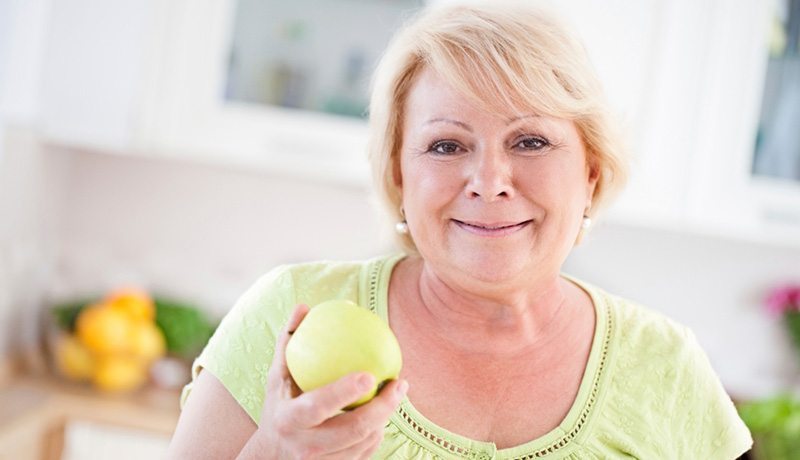Menopausal Joint Pain: The Good, The Bad & The Achy Truth
Menopausal joint pain is one of the common issues women face as they move through midlife. Some have even used the term ‘menopause arthritis’ to describe this sign because it can be very unpleasant making even simple movements unbearable. The reason for this is that the hormone estrogen plays an important role in maintaining joint […]
Menopausal Joint Pain: The Good, The Bad & The Achy Truth Read More »

